November 10, 2015
Research reveals the main reasons why people still go to work when ill 0
 High job demands, stress and job insecurity are among the main reasons why people go to work when they are ill and should probably stay home, according to new research from the University of East Anglia. The study sets out to improve understanding of the key causes of employees going to work when sick, which is known as one of the main forms of presenteeism, and to help make managers more aware of the existence of the phenomenon, what triggers the behaviour and what can be done to improve employees’ health and productivity. A key finding of the study, published yesterday in the Journal of Occupational Health Psychology, is that presenteeism not only stems from ill health and stress, but from raised motivation, for example high job satisfaction and a strong sense of commitment to the organisation. This may motivate people to ‘go the extra-mile’, causing them to work more intensively, even when sick.
High job demands, stress and job insecurity are among the main reasons why people go to work when they are ill and should probably stay home, according to new research from the University of East Anglia. The study sets out to improve understanding of the key causes of employees going to work when sick, which is known as one of the main forms of presenteeism, and to help make managers more aware of the existence of the phenomenon, what triggers the behaviour and what can be done to improve employees’ health and productivity. A key finding of the study, published yesterday in the Journal of Occupational Health Psychology, is that presenteeism not only stems from ill health and stress, but from raised motivation, for example high job satisfaction and a strong sense of commitment to the organisation. This may motivate people to ‘go the extra-mile’, causing them to work more intensively, even when sick.


















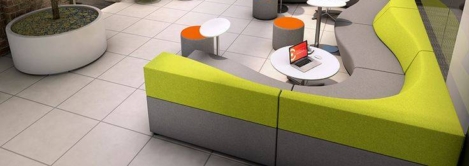
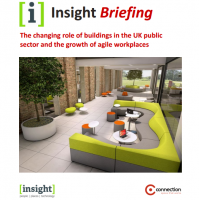


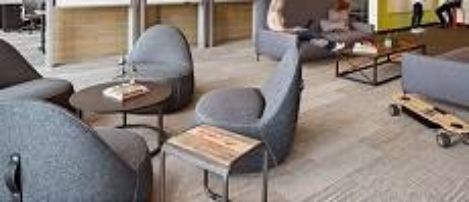
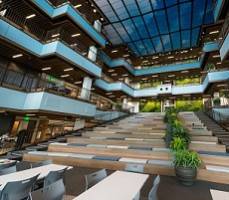



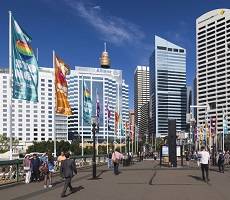









October 28, 2015
What Shakespeare’s Henry V can teach us about flexible working
by Julia Johnston • Comment, Facilities management, Flexible working
Why are so many of us preoccupied with the status that having an office brings? They say it’s lonely at the top. Well, that loneliness often starts with the social exclusion of being in an office. Why would you not want to be in with the in-crowd, to be with your own team of people and the go-getters who are making a difference to your organisation? Why not be where the action is at the working coalface of your organisation? Stuck in your office, you can feel like a kid in the corner of the playground, wondering what the others are whispering about. Some of us want an office because we believe it shows our peers that we have made it; that we have reached the upper echelons of our corporate management structure and become an acknowledged achiever. We want an office so that we can preen to others, but that doesn’t automatically make for better managers, leaders or companies.
(more…)